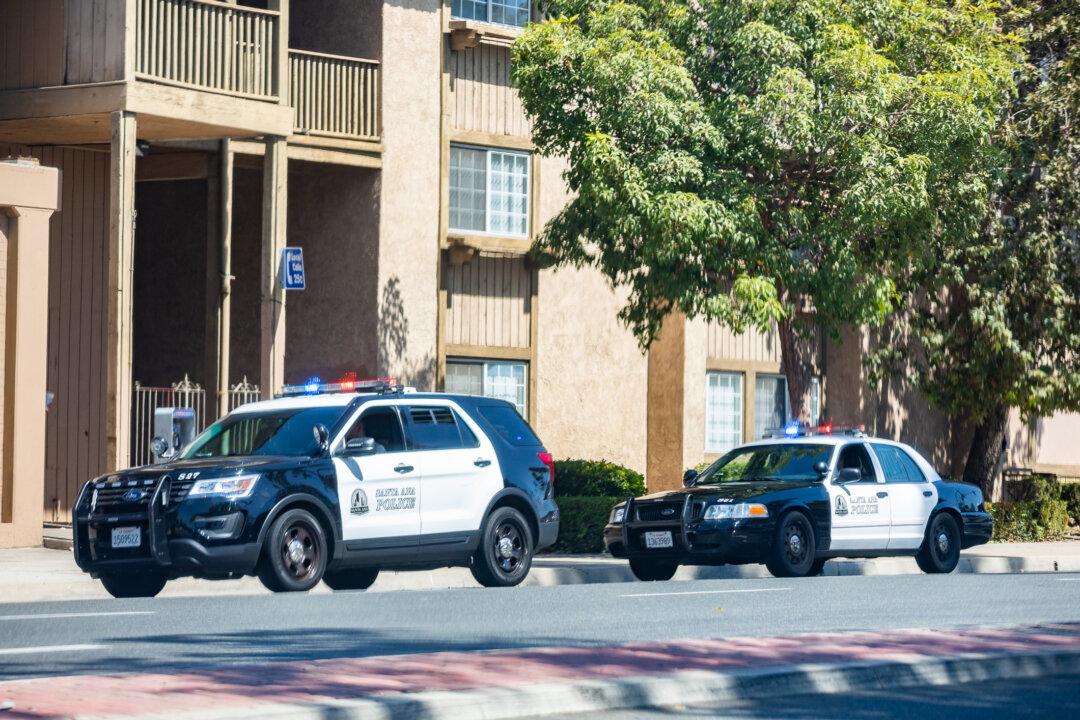The Costa Mesa City Council approved a resolution on July 20 that will allow it to place unpaid illegal marijuana dispensary fines onto the California county’s tax roll as a lien against the property.
The city has been dealing with a host of illegal dispensaries popping up in the past few years as a result of 2016’s Proposition 64, which allows recreational marijuana use throughout California. Some operators have disregarded local ordinances regulating the industry.





